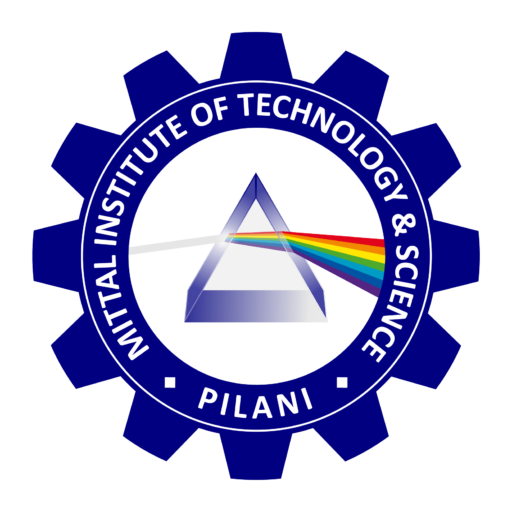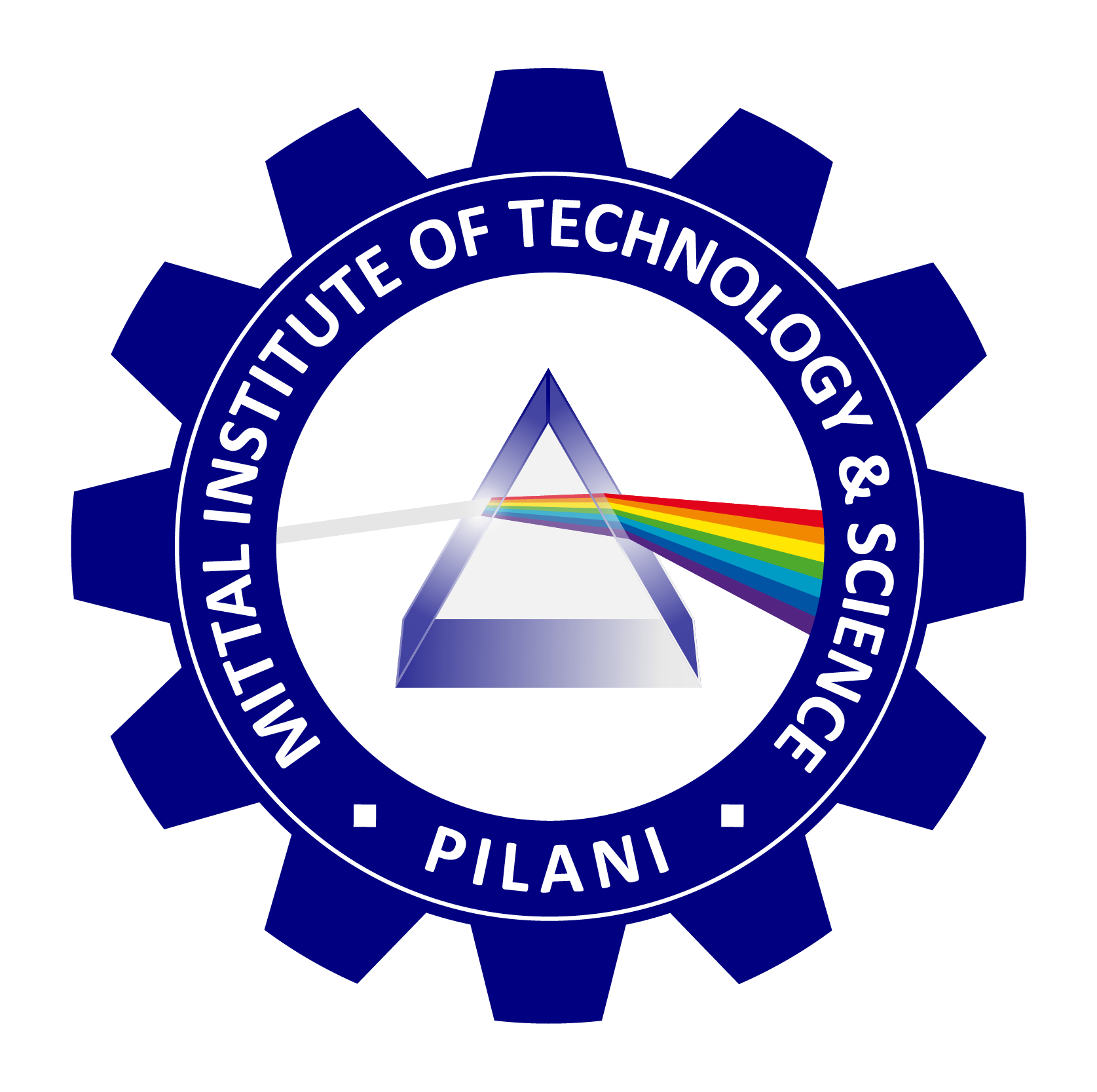
MITTAL INSTITUTE OF TECHNOLOGY & SCIENCE, PILANI
Deep-Tech AI: Transforming the Future with Intelligent Innovation
In the rapidly evolving landscape of technology, Deep-Tech Artificial Intelligence (AI) stands at the frontier of innovation, representing a class of advanced technologies rooted in scientific discovery and engineering excellence. Unlike surface-level tech that typically focuses on user-facing applications, Deep-Tech AI delves into the core of computational intelligence—solving complex problems with long-term global impact. It is reshaping industries, economies, and the very fabric of human interaction with machines.
What is Deep-Tech AI?
Deep-Tech AI refers to the application of sophisticated artificial intelligence methods—such as deep learning, reinforcement learning, neural networks, and generative models—to solve fundamental and often previously intractable challenges. These technologies are characterized by:
- High barriers to entry due to their reliance on advanced mathematics, physics, and computer science.
- Extended development cycles with significant research and prototyping phases.
- Transformative potential across sectors such as healthcare, energy, space exploration, advanced manufacturing, and robotics.
Core Components and Technologies
At the heart of Deep-Tech AI lie several foundational technologies:
- Deep Learning: Neural networks with multiple layers that can learn from vast amounts of unstructured data (e.g., images, speech, text).
- Reinforcement Learning: A framework where AI agents learn optimal actions through trial and error in dynamic environments.
- Natural Language Processing (NLP): Enables machines to understand, interpret, and generate human language.
- Computer Vision: Empowers machines to perceive and interpret visual information from the world.
- Generative AI: Capable of creating new content—text, images, or even code—through models like GANs and transformers.
These technologies demand robust hardware (like GPUs, TPUs, and quantum processors), large datasets, and novel algorithms that push the boundaries of what machines can understand and do.
Applications for Deep-Tech AI
The real-world applications of Deep-Tech AI are expansive:
- Healthcare: AI systems can detect diseases like cancer with high accuracy, develop personalized treatments, and assist in drug discovery using protein-folding models.
- Climate Science: Deep-Tech AI is being used to model climate change, optimize renewable energy systems, and predict natural disasters.
- Autonomous Systems: Self-driving cars, drones, and robotic assistants rely on real-time AI inference powered by deep-tech frameworks.
- Space Research: AI aids in analyzing satellite imagery, navigating rovers on Mars, and even designing spacecraft through AI-driven simulations.
- Manufacturing & Industry 4.0: Intelligent systems optimize supply chains, detect faults, and manage robotic production lines.
Challenges and Considerations
Despite its promise, Deep-Tech AI faces several challenges:
- Data Privacy and Security: Handling sensitive data, especially in healthcare and defense, requires stringent ethical standards and compliance.
- Explainability and Trust: Complex models like deep neural networks are often “black boxes,” making it hard to interpret decisions.
- Talent and Resource Gap: The field demands highly specialized knowledge, creating a talent bottleneck and unequal access.
- Regulatory Frameworks: Governments must develop agile yet robust policies to ensure safe and ethical use of Deep-Tech AI.
Future Outlook
The future of Deep-Tech AI lies in interdisciplinary fusion—combining AI with quantum computing, biotechnology, material science, and cognitive neuroscience. With continued investments in R&D, open collaboration across nations, and responsible innovation, Deep-Tech AI can tackle humanity’s grandest challenges.
Emerging trends such as foundation models, AI chips, edge AI, and AI for science are set to redefine the paradigm of intelligent computing. As these technologies mature, they will not only automate but augment human creativity, judgment, and empathy.
Deep-Tech AI represents more than technological progress; it is a catalyst for systemic change. By embedding intelligence into the core of scientific and industrial systems, it empowers humanity to achieve what was once deemed impossible. The journey ahead requires thoughtful leadership, ethical responsibility, and an unwavering commitment to advancing knowledge. In this light, Deep-Tech AI is not merely a tool—it is the foundation of a smarter, more resilient future.

Professor Rakesh Mittal
Computer Science
Director
Mittal Institute of Technology & Science, Pilani, India and Clearwater, Florida, USA
